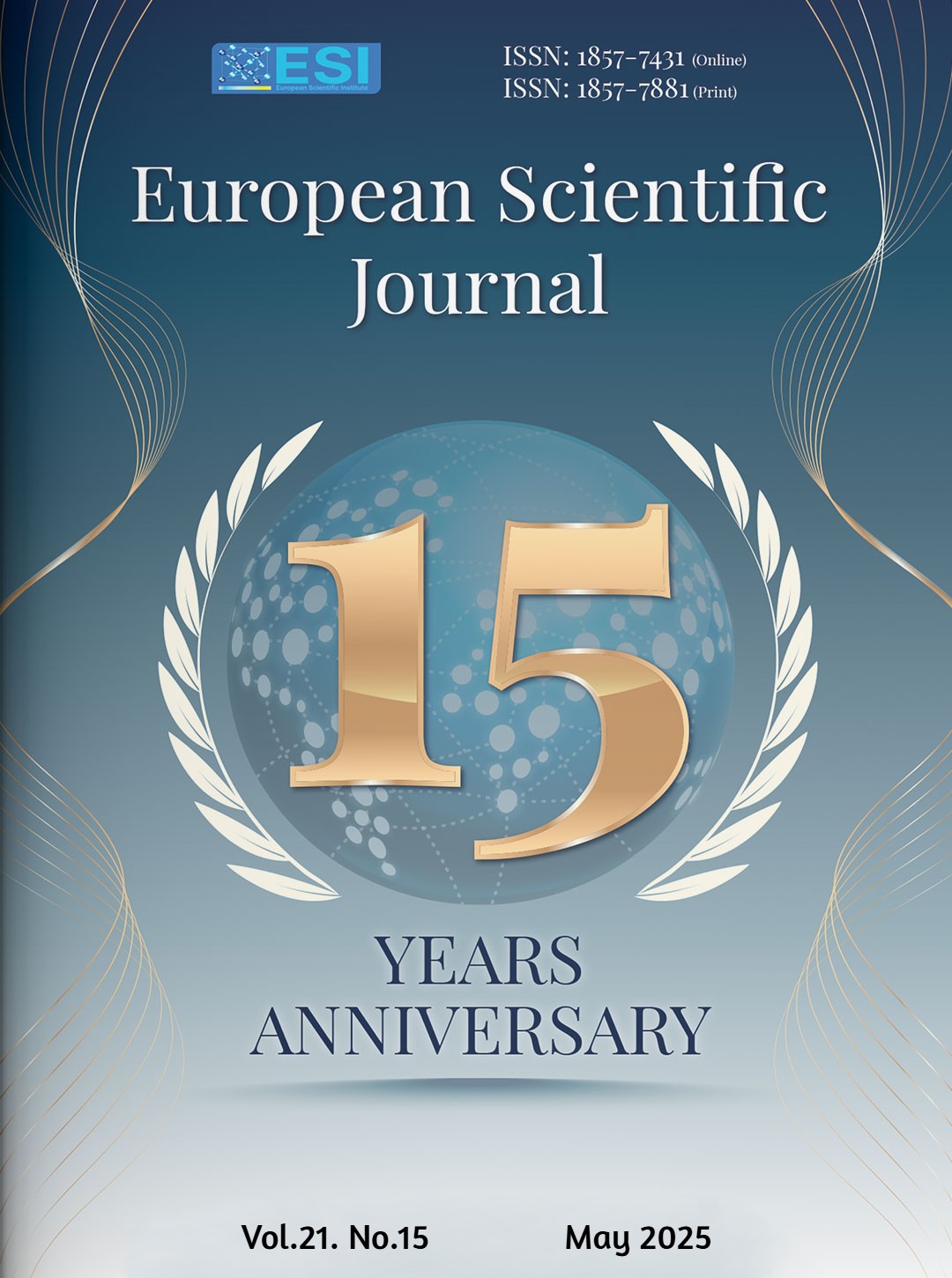Morbidity and Mortality in Rectal Surgery: A Study of 25 Cases in Casablanca
Abstract
Rectal surgery is the only potentially curative treatment for many rectal pathologies, whether benign or malignant. However, postoperative complications can significantly impact the prognosis of patients. This retrospective study aimed to investigate morbidity and mortality among patients undergoing rectal cancer surgery over a two-year period at the Department of Digestive Cancer Surgery and Hepatic Transplantation of Ibn Rochd University Hospital (CHU) in Casablanca, Morocco. Among 62 patients, the average age was 61.98 ± 10.2 years (mean ± SD), with a female-to-male ratio of 1.5. Overall morbidity and mortality rates were 40.3% and 12%, respectively. Postoperative complications primarily included surgical site infections (40%) and urinary infections (20%), while long-term complications comprised incisional hernias (20%) and sexual problems (8%). The primary cause of mortality was intraoperative hemorrhage (8%) (Almatroudi, 2020). Factors influencing morbidity and mortality included age, BMI, comorbidities, type of intervention, and the benign or malignant nature of the pathology. Neoadjuvant chemotherapy was administered to 88% of patients and should be considered a key factor influencing outcomes, as it may contribute to better tumor control and reduce the extent of surgical resections required (Gado et al., 2014). The small sample size of this study may limit the statistical significance of the findings. Further research with a larger cohort is necessary to corroborate these results.
Downloads
PlumX Statistics
References
2. Almatroudi, A. (2020). The incidence rate of colorectal cancer in Saudi Arabia: An observational descriptive epidemiological analysis. International Journal of General Medicine, 13, 977–990.
3. Arezzo, A., Piozzi, G. N., & Arolfo, S. (2019). The risk of anastomotic leakage after anterior resection in patients with rectal cancer. Surgical Endoscopy, 33(3), 879–886.
4. Gado, A., Ebeid, B., Abdelmohsen, A., & Axon, A. (2014). Colorectal cancer in Egypt is commoner in young people: Is this cause for alarm? Alexandria Journal of Medicine, 50(3), 197–201.
5. Salih, A. M., & Aljebreen, A. M. (2014). Is colorectal cancer in Saudi Arabia of the same pattern as in the Western world? Saudi Journal of Gastroenterology, 20(3), 149–152.
6. Verdin, V., Weerts, J., Francart, D., et al. (2016). Rectal cancer treatment in a teaching hospital. Acta Chirurgica Belgica, 117(1), 8–14.
7. Ahmed, M. A., & El-Sayed, S. (2022). The outcomes of rectal cancer surgery in Egypt: A prospective study. Journal of Colorectal Disease, 35(4), 453–459.
8. Kassem, H. I., & Al-Rashid, A. (2021). Surgical complications in colorectal cancer patients in Saudi Arabia: A comprehensive review. Saudi Surgical Journal, 10(2), 134–142.
9. El-Kader, A. M., & Ahmed, S. M. (2023). Neoadjuvant therapy and its impact on rectal cancer outcomes in Morocco. North African Journal of Cancer Surgery, 12(1), 101–109.
Copyright (c) 2025 Amal Hajri, Mohamed Belbsir, Anas Elwassi, Driss Erguibi, Rachid Boufettal, Saad Rifki Jai, Farid Chehab

This work is licensed under a Creative Commons Attribution 4.0 International License.








